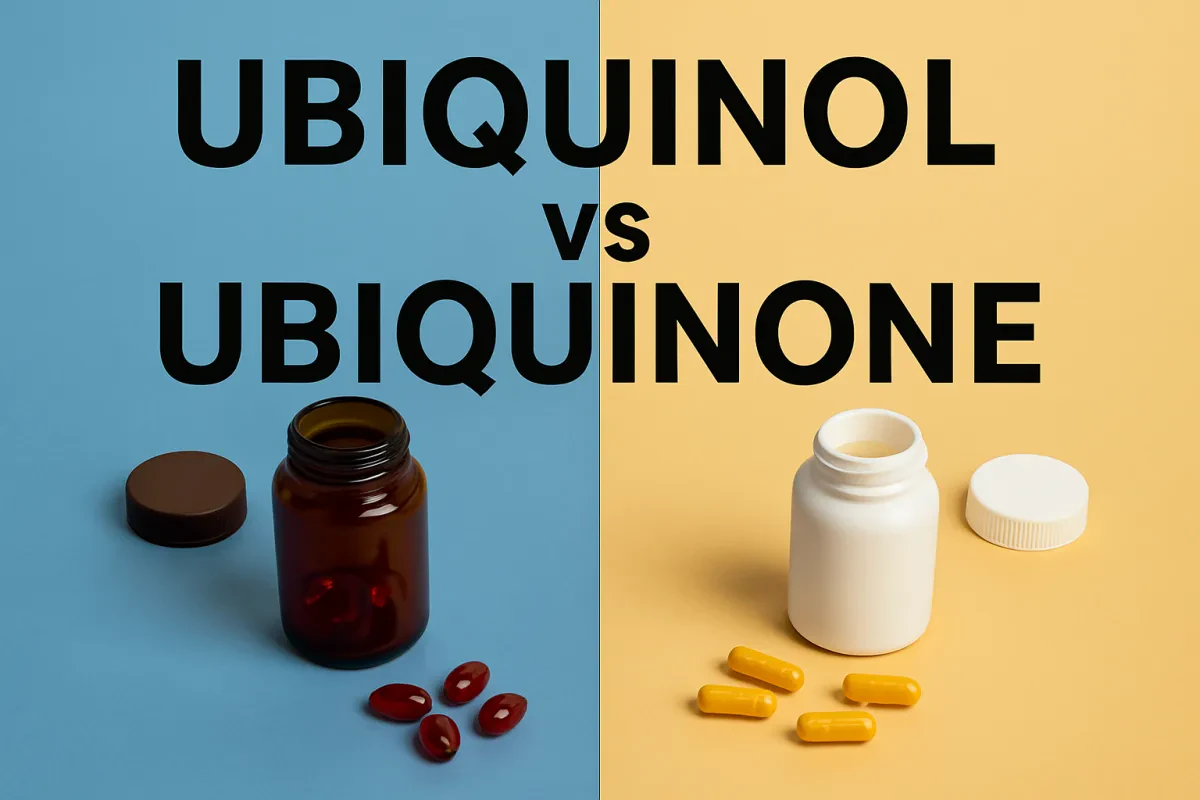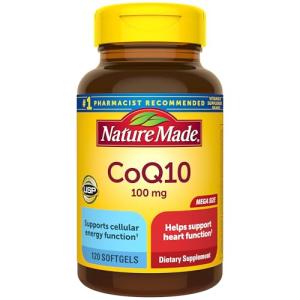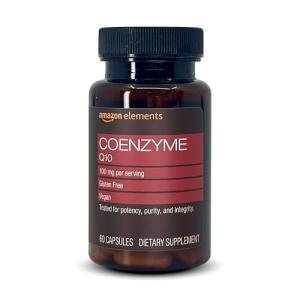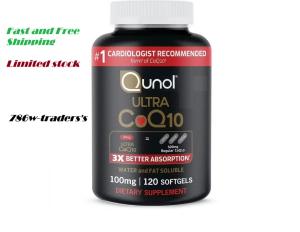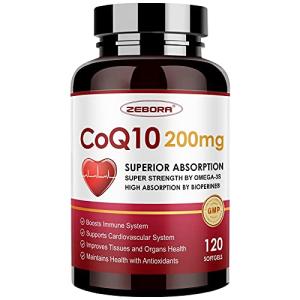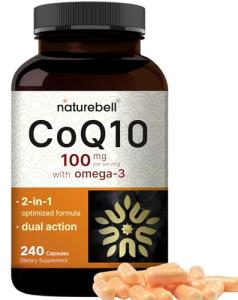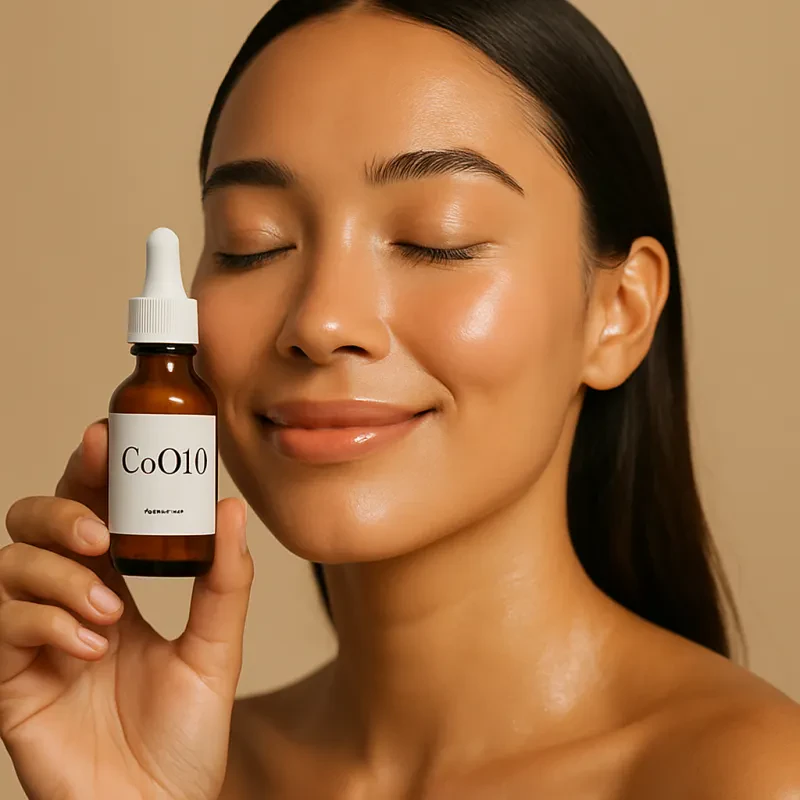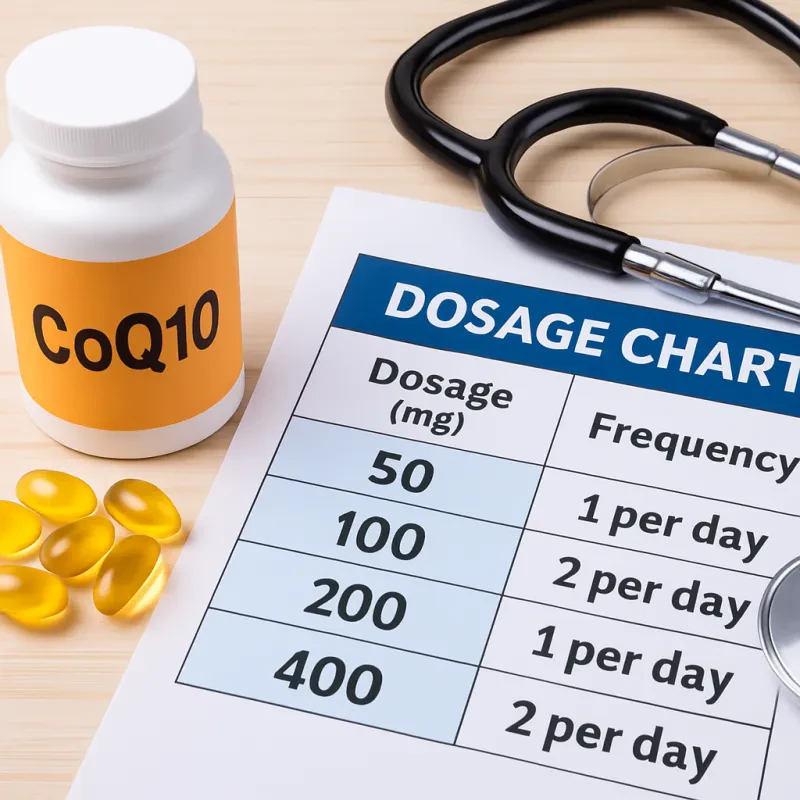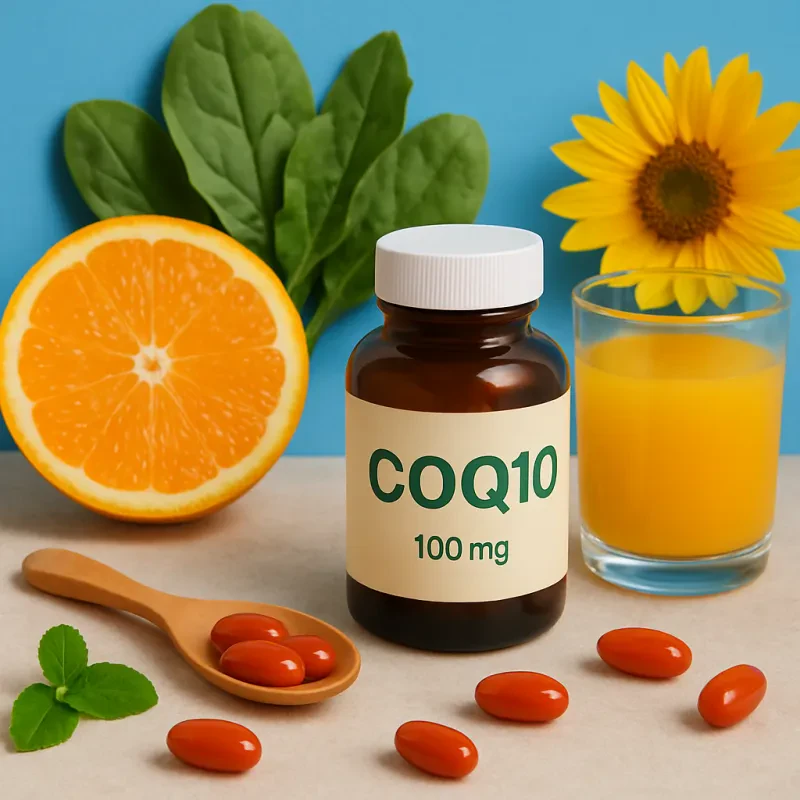When diving into the world of supplements, you might come across two forms of CoQ10: ubiquinol and ubiquinone. They sound similar, but they play different roles in your body, especially when it comes to energy production and overall health. Knowing the difference is super helpful, especially when you're trying to figure out "ubiquinol vs ubiquinone."
Ubiquinone is the oxidized form of CoQ10. It’s like the raw material that your body needs to produce energy. Think of it as the version that helps kick things off, allowing your cells to convert the food you eat into usable energy. But there's a catch: it must be converted to ubiquinol to be effective.
On the flip side, ubiquinol is the active form of CoQ10. This is what your body can actually use right away. It’s a powerhouse when it comes to fighting oxidative stress, which can harm your cells as you age. If you're looking for support in energy levels and longevity, ubiquinol tends to be the better choice. Many people prefer it because studies show it gets absorbed more efficiently in the body.
So, when weighing "ubiquinol vs ubiquinone," consider what you're hoping to achieve. If you're focused on immediate energy boost and cell protection, ubiquinol is often the star of the show. But ubiquinone still has its place, especially since your body can turn it into ubiquinol as needed. Choosing the right one for you really depends on your personal health goals.
How Do They Work in the Body
When it comes to understanding how ubiquinol and ubiquinone work in the body, it's all about energy. Both forms of coenzyme Q10 (CoQ10) help produce energy in our cells, but they have different roles. Ubiquinone is the oxidized form, while ubiquinol is the reduced form. Think of ubiquinone as the source that needs a little boost to become active. When it gets converted to ubiquinol, it becomes more effective at delivering energy to our cells.
Ubiquinol plays a key role in protecting cells from damage. It’s a powerful antioxidant that fights off harmful free radicals. This is especially important as we age, because our natural production of CoQ10 decreases over time. By taking ubiquinol, you can help maintain cell health and support your body's energy production, which makes it a great option for anyone concerned about aging.
On the flip side, ubiquinone does its job too, especially in younger individuals or those with healthy levels of CoQ10. It converts to ubiquinol in the body, but the conversion process can slow down with age or certain health conditions. If you're still in your thirties and feeling energetic, ubiquinone might work just fine for you.
In the "ubiquinol vs ubiquinone" debate, it really boils down to your needs. If you want to directly support your energy levels and oxidative stress, ubiquinol might be the better choice, especially for older adults. But if you're looking for a solid energy boost without the extra antioxidant support, ubiquinone has its perks too. Understanding how these two forms work in your body helps you make a smarter choice for your health journey.
Nature Made CoQ10 100mg for Heart Health
Support your heart health and boost your energy with Nature Made CoQ10 100mg
Product information
$26.25
Product Review Score
4.19 out of 5 stars
985 reviewsProduct links
Key Differences Between Ubiquinol and Ubiquinone
When diving into the world of heart health and anti-aging, you might stumble upon two big players: ubiquinol and ubiquinone. Both are forms of coenzyme Q10, but they have their unique roles and benefits. Let’s break down the key differences between these two, so you can pick the one that suits your needs.
First off, ubiquinol is the active form of coenzyme Q10. This means it’s ready to go and immediately beneficial for your body. It’s well known for its power as an antioxidant, which helps protect cells from damage and supports energy production in your cells. If you’re looking for a quick energy boost or want to enhance your heart health, ubiquinol might be your best bet.
On the flip side, ubiquinone is the oxidized form of coenzyme Q10. It’s not as readily usable as ubiquinol, but your body can convert it into ubiquinol when needed. This conversion process is efficient in younger folks who have optimum health, but it tends to slow down as we age. So, if you're in your prime, ubiquinone can still be effective, especially if paired with a healthy lifestyle.
Here’s a quick rundown of the differences:
So, in the "ubiquinol vs ubiquinone" debate, it really depends on your age and health needs. If you're seeking something that works right away and provides strong antioxidant benefits, ubiquinol is likely the way to go. But if you’re younger and already healthy, ubiquinone can still do a great job. Choose what feels right for you!
Vegan CoQ10 100 mg for Energy and Heart Health
Boost your energy levels and support your heart with this powerful vegan supplement
Product information
$8.89
Product Review Score
4.75 out of 5 stars
341 reviewsProduct links
Choosing the Right One for You
Choosing the right supplement can feel overwhelming, especially when it comes to ubiquinol vs ubiquinone. Both are forms of coenzyme Q10, but they behave a bit differently in your body. Let’s break this down so you can pick what suits you best.
If you're seeking support for energy production, ubiquinone might be your best bet. It's the oxidized form of coenzyme Q10 that your body can convert into ubiquinol. This conversion makes it a good choice if you're younger and have a fully functioning system. However, as we age, the body's ability to convert ubiquinone decreases.
On the other hand, ubiquinol is the active antioxidant form of coenzyme Q10. If you're over 40 or have specific health concerns, going for ubiquinol can be a smarter option. It's readily absorbed and can provide that extra boost your body might need, especially for heart and cell health.
Ultimately, your choice depends on your age, health goals, and lifestyle. If you're unsure, chatting with a healthcare provider can help you narrow it down. Remember, when comparing ubiquinol vs ubiquinone, it’s all about what your body needs!
